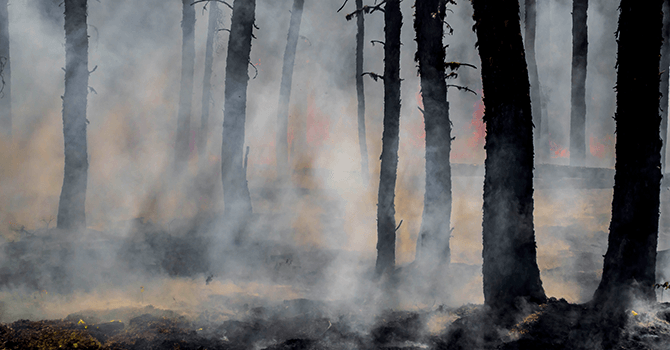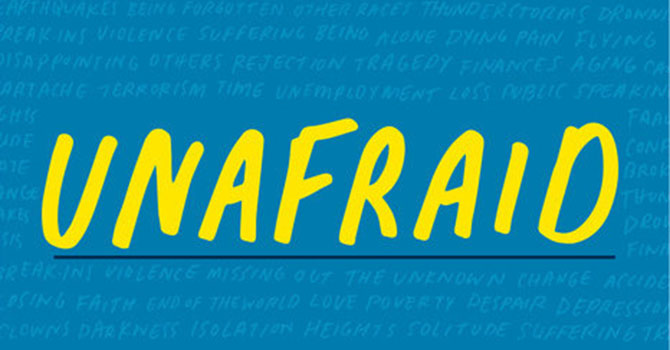
Fear is a quiet companion in pastoral leadership. It shows up in moments of uncertainty: when budgets shrink, congregations decline, new initiatives begin or cultural shifts challenge long-held assumptions. It whispers questions about competence, relevance and calling. For pastoral leaders, fear is not a sign of failure; it is a sign of humanity. Maybe the challenge is not to eliminate fear but to lead faithfully through it.
We often feel pressure to project confidence and clarity, especially in times of congregational anxiety. But naming fear — whether it’s fear of conflict, failure or rejection — creates space for honesty and healing. It also models vulnerability for the community.
In Scripture, God’s messengers often begin with “do not be afraid.” This isn’t a dismissal of fear but an invitation to trust. When leaders name their fears out loud — perhaps with a trusted mentor, spiritual director or peer group — they begin to loosen fear’s grip.
By listening to fear without being ruled by it, we can discern the deeper spiritual work required from ourselves and our congregations. We know that courage is not the absence of fear, but the decision to act faithfully in its presence. We can cultivate courage through spiritual practices — prayer, Scripture, silence — and through community. Isolation amplifies fear. Connection mitigates it.
Instead of suppressing fear, wise leaders ask, “What is this fear trying to tell me?” Sometimes it reveals a need for preparation. Other times, it exposes an idol — like the need for approval or control.
Fear will always be part of leadership. But it doesn’t have to be the driver. By naming it, listening to it and leading through it with courage and hope, pastoral leaders embody the very gospel we proclaim: that perfect love casts out fear, and that God is with us, even in the valley.
Resources
The opportunity of fruitful fear
How we honor fear’s presence and consider its purpose can shift its role in our lives, writes the Missioner for discipleship, Episcopal Diocese of North Carolina.
By Kelly Ryan
The fear God gives us
Fear is not the antithesis of faith and truth; nor does it indicate a lack of trust in God, writes a pastoral care professor and licensed clinical psychologist. Indeed, God created us with fear to keep us safe.
By Chanequa Walker-Barnes
How a scriptural imagination can help Christians face fear
It is natural to be afraid at a time like this. But the spiritual practice of reading Scripture within a deep tradition can be grounding for us, and can help us be resilient in the face of fear, writes a UMC bishop.
By Kenneth H. Carter Jr.
’Unafraid: Living with courage and hope in uncertain times’
In a time of widespread fear and anxiety, a United Methodist pastor offers four techniques for increasing our capacity to live with courage and hope.
Q&A with Adam Hamilton
Before you go
In the resources for this week, the writers make it clear that fear is not automatically a problem. Fear can be a teacher. It often signals something important: a boundary being crossed, a value being challenged or a risk worth taking. However, when fear is out of control, it’s hard for us to act faithfully.
Leading is not an easy thing to do. Leaders make change, and change generates conflict. When I feel afraid, what I try to do is remember that I am called to be a steward of hope. Hope isn’t naïve optimism, but a deep trust that God is at work even in the wilderness. This kind of hope doesn’t deny fear. It reframes it.
If you’re feeling fearful about what’s next for you as a leader, let me remind you that the God who called you will keep you.
You can always reach me and the Alban Weekly team at alban@duke.edu. Until next week, keep leading!

Prince R. Rivers
Editor, Alban at Duke Divinity




